The Risks of Mutexes
The usage of mutexes seems extremely simple. There is a critical section in the code that a single thread can only access at any point in time. It’s ensured by a mutex m. The calls m.lock() and m.unlock() guarantee this exclusivity. But the devil is in the details.
Deadlock
The different names for deadlocks are frightening. Some call them deadly embrace (hug of death :-)? or kiss of death. But wait, what is a deadlock?
- Deadlock
- A deadlock is a state in which at least two threads are blocked because each thread is waiting for the release of some resource with which the other thread works before it releases its resource.
-
The result of a deadlock is a total standstill. The Thread and usually the whole program is blocked forever. It is easy to produce a deadlock. Curious?
Exceptions and unknown code
std::mutex m; m.lock(); sharedVariable= getVar(); m.unlock();
If the unknown code in the function getVar() throws an exception, m.unlock() will not be called. Every attempt to ask for the mutex m will fail, and the program will block. Forever. But that is not the only issue with that piece of code. It calls some (unknown to us) function get.Var(), while m.lock() is active. What will happen if the function getVar() tries to get the same lock? Of course, you know it—a deadlock.
Do you want to have a more visual example?
Lock mutexes in a different order
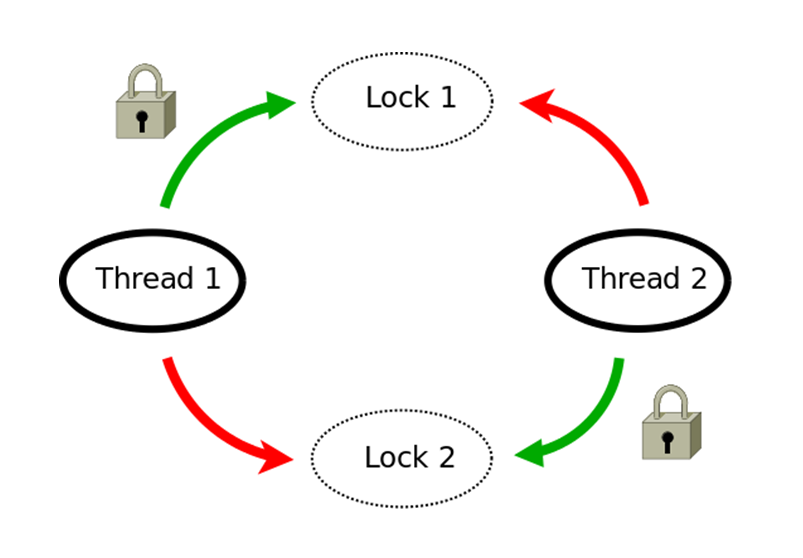
Thread 1 and 2 need access to two resources to finish their work. Unfortunately, they ask for the resources protected by two mutexes in a different order. In this case, the thread executions will interleave so that thread 1 gets mutex 1, then thread 2 gets mutex 2, and we have a standstill. Each thread wants to get the other’s mutex. For this, the thread has to wait for the release of the resource.
It’s easy to express the picture in code.
 Modernes C++ Mentoring
Modernes C++ Mentoring
Do you want to stay informed: Subscribe.
1 2 3 4 5 6 7 8 9 10 11 12 13 14 15 16 17 18 19 20 21 22 23 24 25 26 27 28 29 30 31 32 33 34 35 36 |
// deadlock.cpp #include <iostream> #include <chrono> #include <mutex> #include <thread> struct CriticalData{ std::mutex mut; }; void deadLock(CriticalData& a, CriticalData& b){ a.mut.lock(); std::cout << "get the first mutex" << std::endl; std::this_thread::sleep_for(std::chrono::milliseconds(1)); b.mut.lock(); std::cout << "get the second mutex" << std::endl; // do something with a and b a.mut.unlock(); b.mut.unlock(); } int main(){ CriticalData c1; CriticalData c2; std::thread t1([&]{deadLock(c1,c2);}); std::thread t2([&]{deadLock(c2,c1);}); t1.join(); t2.join(); } |
Thread t1 and thread t2 call the function deadlock (lines 12 – 20). To process deadlock, both functions need the CriticalData c1 and c2 (lines 27 and 28). Because the objects c1 and c2 must be protected from shared access, they have a mutex (to keep this example code short and straightforward CriticalData doesn’t have any other methods or members apart from mutex)
Only a sleep about 1 Millisecond in line 16, and we have the deadlock.
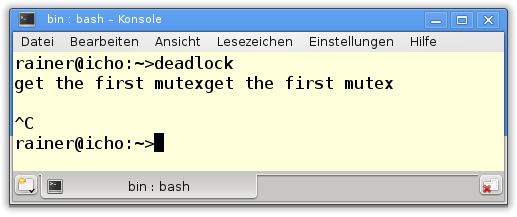
The only choice now is the press CTRL+C to kill the process.
What’s next?
Honestly, the example will not boost your confidence in writing multithreading programs. Additionally, the complexity will increase to the power of 2, which each new mutex. The solution to the problem is locks because they safely encapsulate mutexes. How? Have a look here. (Proofreader Alexey Elymanov)
Thanks a lot to my Patreon Supporters: Matt Braun, Roman Postanciuc, Tobias Zindl, G Prvulovic, Reinhold Dröge, Abernitzke, Frank Grimm, Sakib, Broeserl, António Pina, Sergey Agafyin, Андрей Бурмистров, Jake, GS, Lawton Shoemake, Jozo Leko, John Breland, Venkat Nandam, Jose Francisco, Douglas Tinkham, Kuchlong Kuchlong, Robert Blanch, Truels Wissneth, Mario Luoni, Friedrich Huber, lennonli, Pramod Tikare Muralidhara, Peter Ware, Daniel Hufschläger, Alessandro Pezzato, Bob Perry, Satish Vangipuram, Andi Ireland, Richard Ohnemus, Michael Dunsky, Leo Goodstadt, John Wiederhirn, Yacob Cohen-Arazi, Florian Tischler, Robin Furness, Michael Young, Holger Detering, Bernd Mühlhaus, Stephen Kelley, Kyle Dean, Tusar Palauri, Juan Dent, George Liao, Daniel Ceperley, Jon T Hess, Stephen Totten, Wolfgang Fütterer, Matthias Grün, Phillip Diekmann, Ben Atakora, Ann Shatoff, Rob North, Bhavith C Achar, Marco Parri Empoli, Philipp Lenk, Charles-Jianye Chen, Keith Jeffery, Matt Godbolt, Honey Sukesan, bruce_lee_wayne, Silviu Ardelean, schnapper79, Seeker, and Sundareswaran Senthilvel.
Thanks, in particular, to Jon Hess, Lakshman, Christian Wittenhorst, Sherhy Pyton, Dendi Suhubdy, Sudhakar Belagurusamy, Richard Sargeant, Rusty Fleming, John Nebel, Mipko, Alicja Kaminska, Slavko Radman, and David Poole.
| My special thanks to Embarcadero |  |
| My special thanks to PVS-Studio |  |
| My special thanks to Tipi.build |  |
| My special thanks to Take Up Code |  |
| My special thanks to SHAVEDYAKS |  |
Modernes C++ GmbH
Modernes C++ Mentoring (English)
Rainer Grimm
Yalovastraße 20
72108 Rottenburg
Mail: schulung@ModernesCpp.de
Mentoring: www.ModernesCpp.org


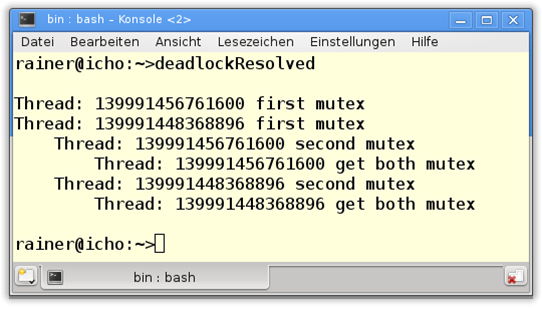

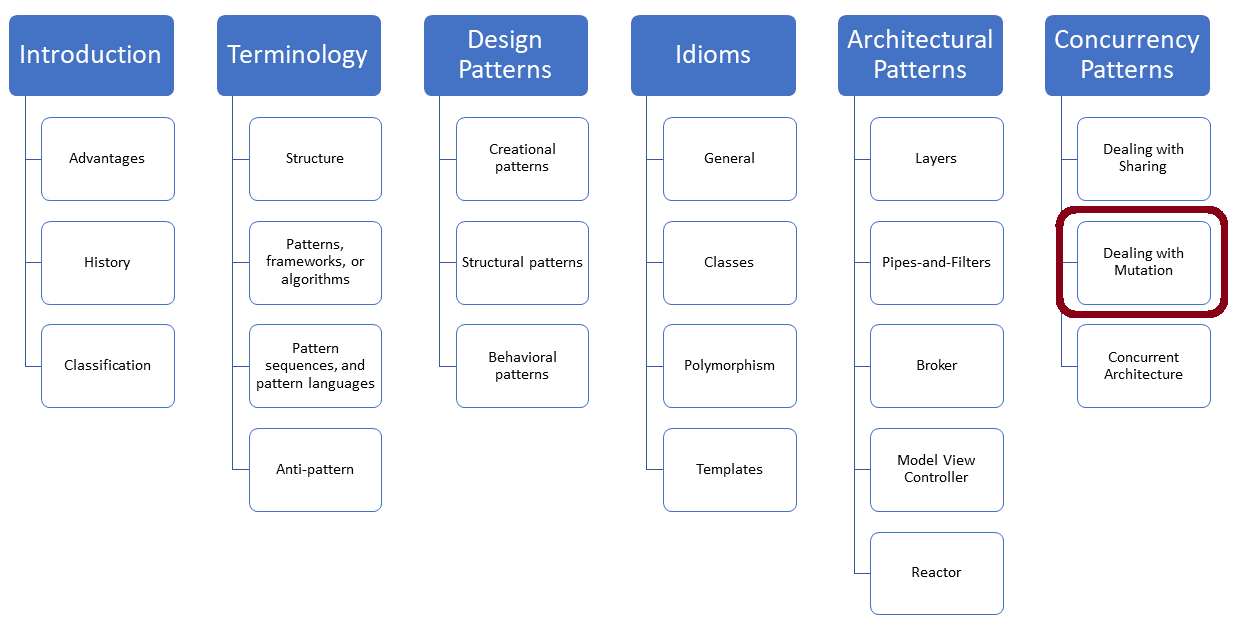


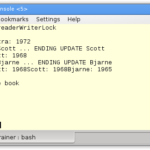
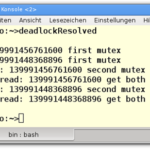
Leave a Reply
Want to join the discussion?Feel free to contribute!